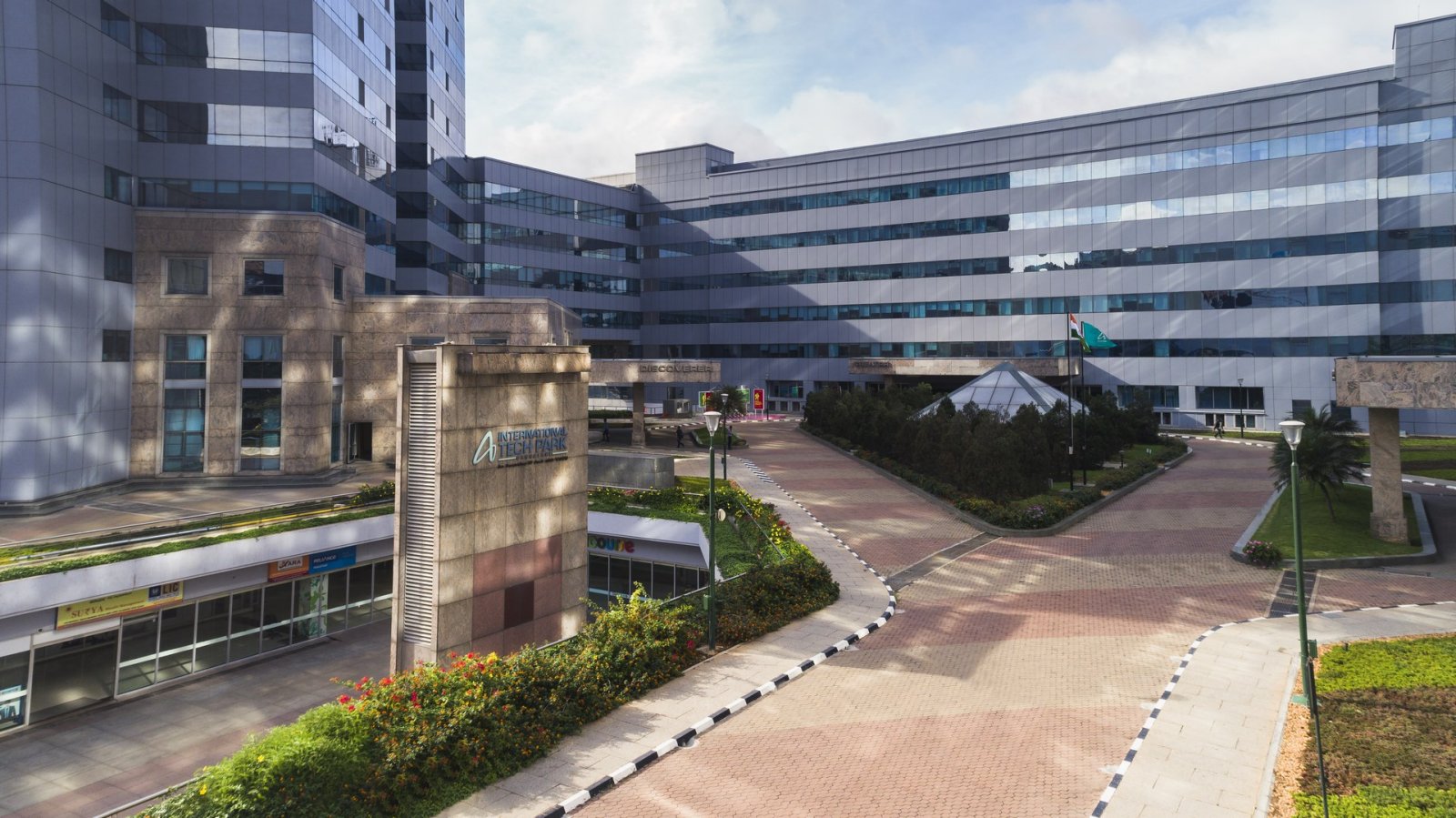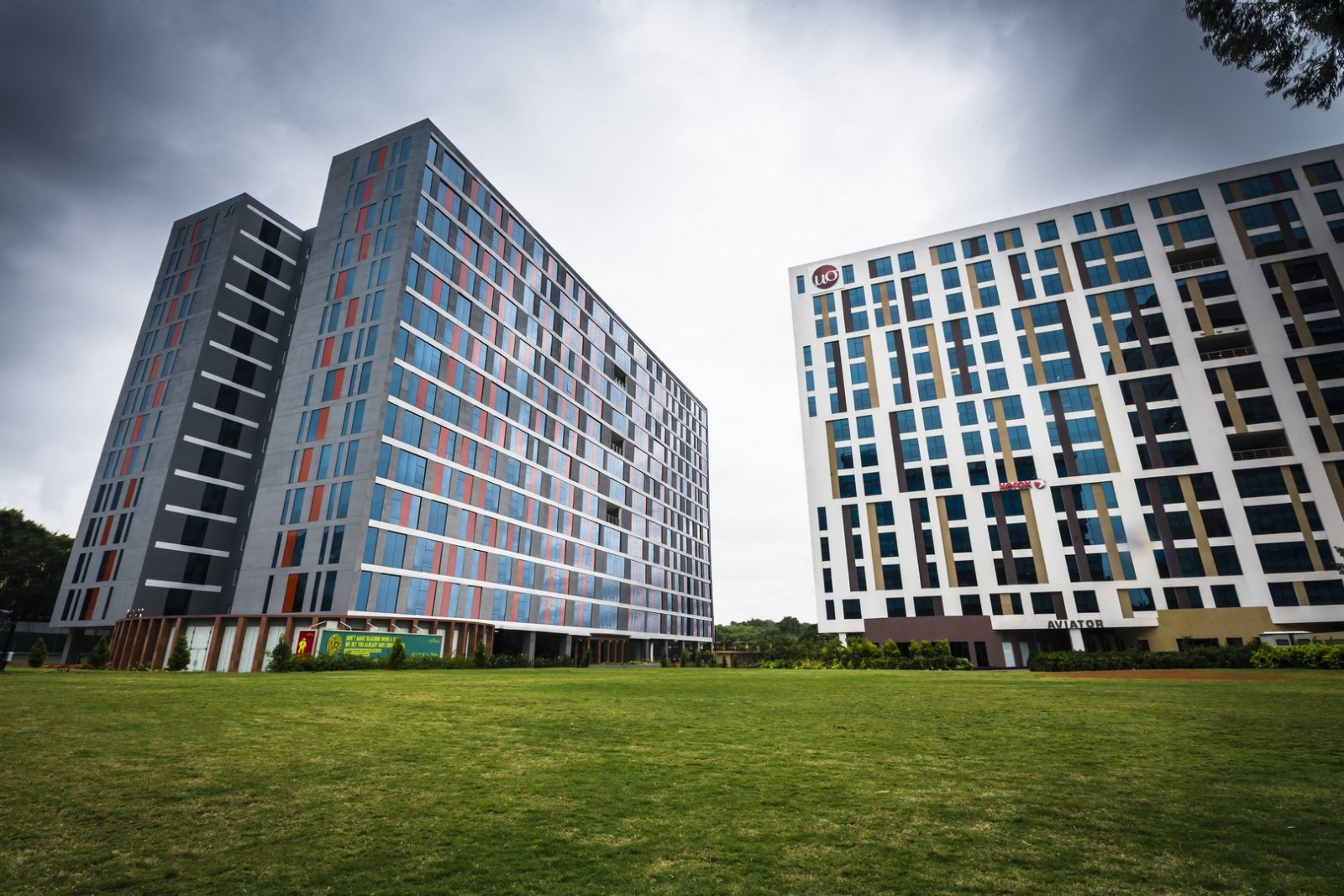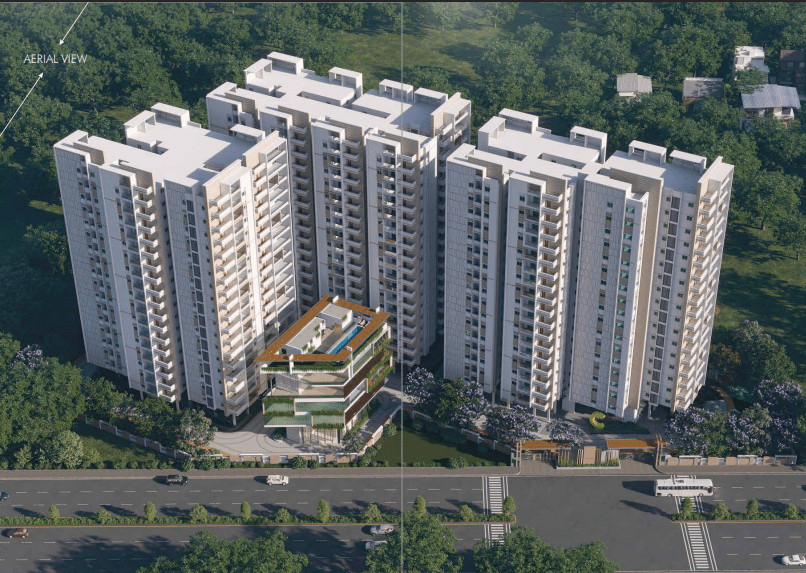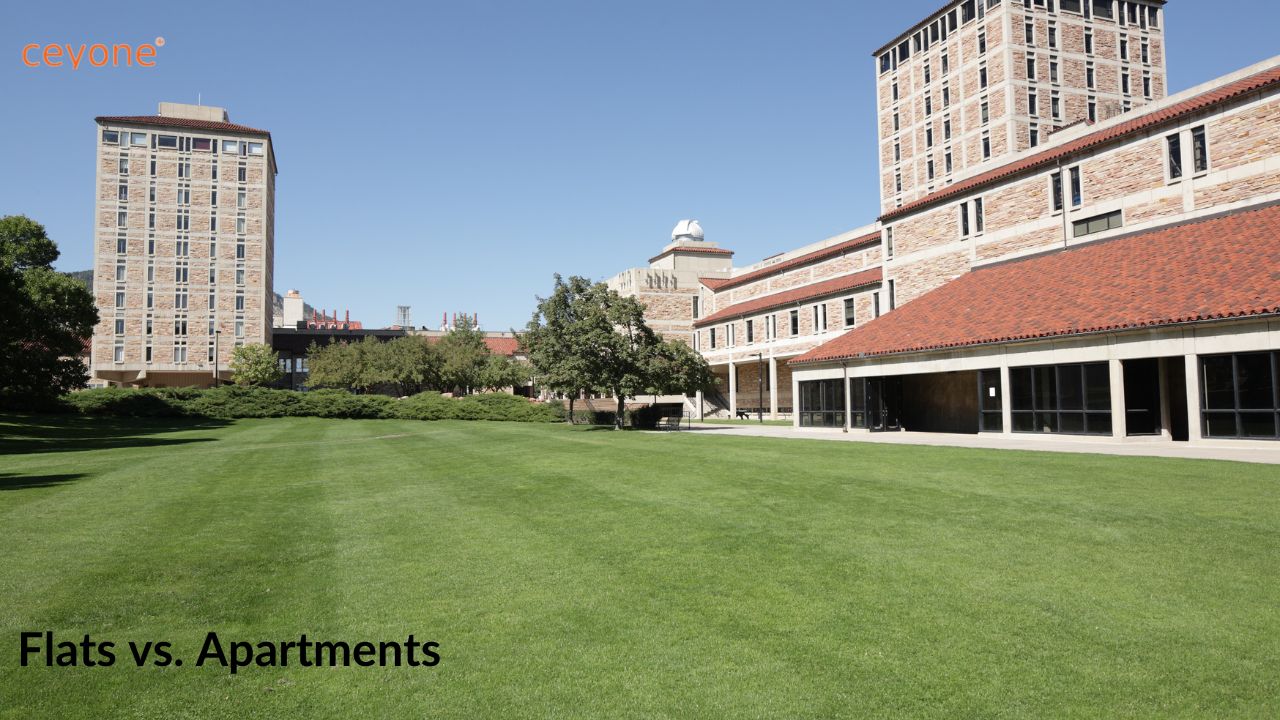How the IT Wave Turned Bengaluru into India’s Real Estate Capital
Bengaluru’s transformation from tech hubs to high-rises shows how IT growth drives real estate opportunities.
The Code That Built a City
When the International Tech Park Bengaluru (ITPB), commonly called ITPL, opened its doors in Whitefield in 1994, it did more than introduce glass towers and global offices. It reshaped the city’s destiny.
Formed as a joint venture between the Tata Group and a consortium of Singapore companies, led by Ascendas, and the Government of Karnataka, ITPL symbolized India’s early embrace of globalization and knowledge-driven urban development. Designed by RSP Architects, Planners & Engineers of Singapore, it was one of the first “work-live-play” environments in the country and became a model for future IT parks across India.
What began as an experiment in tech-driven urban planning soon became a model for India’s economic transformation. Professionals came to Bengaluru for jobs, stayed for the opportunities and weather, and eventually bought homes, turning the city’s skyline into a living story of growth and aspiration.

Today, with a population exceeding 14.4 million (2025 estimate for Bengaluru Metropolitan Area), Bengaluru stands among the world’s fastest-growing metropolitan regions, a city where technology, talent, and real estate intersect to define modern India.
The IT & Infrastructure Ripple Effect
The 1990s marked Bengaluru’s rise as India’s Silicon Valley, powered by the opening of International Tech Park Limited (ITPL) in Whitefield and Electronic City, developed by KEONICS. The 2000s saw the emergence of large Special Economic Zones (SEZs) and IT hubs such as Manyata Tech Park, Embassy Tech Village, Bagmane Tech Park, and Ecospace Business Park, among many more along the Outer Ring Road. Each of these technology clusters created waves of employment, triggering a housing boom that continues to this day.
East Bengaluru: The Epicenter of Growth
Whitefield, Sarjapur, and the Outer Ring Road (ORR) belt have consistently led new project launches due to their proximity to IT hubs and expanding metro connectivity.
Infrastructure has evolved in tandem. The Namma Metro Purple Line now connects Whitefield to the city center, drastically reducing commute times. Ongoing projects like the Peripheral Ring Road, metro blue line (phase-2A & 2B), new flyovers, and smart-city upgrades continue to redefine accessibility, and with it, property demand.
As a Lodha Group report aptly notes, “Every metro line, every flyover reshapes the city’s real estate map by unlocking new pockets of demand.”
Source: Lodha Group, Infrastructure Shaping Bengaluru Real Estate (2024)
Migration, Mindset, and Modern Living
What began as a migration for employment soon became a permanent settlement.
During the 2000s and 2010s, millions of young IT professionals who moved to Bengaluru transitioned from tenants to homeowners.
“People didn’t just rent near work — they rooted their lives here.”
— Jones Asset, How Bengaluru Real Estate Evolved in the Last Decade (2023)
The Whitefield–Sarjapur–ORR corridor became a magnet for first-time buyers. Developers responded with mid-segment and premium projects, integrated townships, and eco-friendly communities, catering to an aspirational urban class seeking a balance between work, wellness, and connectivity.
Real Estate: From Transaction to Transformation
The Bengaluru housing market has matured far beyond quick transactions. Today, it represents credibility, technology, and purpose-driven growth.
High-Demand Market
With over multiple million IT professionals working across 1,500+ companies, housing demand is anchored in job creation, not speculation.
Source: NASSCOM, Tech Sector Employment Report 2024
Purpose-Driven Work
Real-estate professionals today do more than sell homes; they help families upgrade lifestyles near education hubs, hospitals, and workplaces.
Technology Integration
From AI-based property discovery to CRM-driven lead management, digital tools have transformed how the real estate company ecosystem operates, attracting talent from marketing, data, and analytics backgrounds.
Urban Transformation as a Calling
Working in Bengaluru real estate means shaping how people live, commute, work, play, and connect, contributing directly to the city’s evolution.
Credible Growth — Backed by Data
Price Appreciation
Property prices in Whitefield and surrounding areas surged 80–94% between 2019 and mid-2024, fueled by IT expansion and metro connectivity.
Source: The Economic Times, 2024
The following table captures the key performance indicators defining Bengaluru’s real estate momentum over the past five years and projected trends through 2025.
| Metric | 2019 | 2023 | 2024–2025 Outlook |
| Residential Price Growth (YoY) | — | 18% | 12–15% projected annually till 2030 |
| Average Property Price Rise (Whitefield & ORR) | Base year | +80–94% | Continuing upward trend |
| New Units Launched (East Bengaluru) | — | 28,500 units | Steady or higher |
| Rental Yield (Residential) | 2.5–3% | 3–5% | 4–6% expected |
| Major Drivers | IT expansion, migration | Metro, job creation | Sustainability, infrastructure |
| Market Character | End-user demand | Low speculation | Strong investor confidence |
Launch & Sales Data
Over 50,000 new residential units were launched in East Bengaluru in the last 30 months, the highest among all city zones.
Investment Appeal
Bengaluru remains India’s most stable real estate investment destination, driven by:
- End-user demand
- Good rental yields
- Minimal speculative activity
Sustainability Focus
Developers are embracing green-certified designs, energy-efficient materials, and open-space planning, catering to a generation of eco-conscious buyers.
Beyond ITPL: Expanding Growth Corridors

While ITPL remains symbolic of Bengaluru’s tech legacy, the city’s growth has radiated outward into new investment frontiers.
North Bengaluru
Driven by aerospace, logistics, and proximity to Kempegowda International Airport, North Bengaluru is witnessing a surge in villa and villaments projects and plotted developments.
South Bengaluru
Anchored by Electronic City and Hosur Road, this region continues to attract mid-segment buyers and young professionals looking for affordable luxury.
East Bengaluru
Still the tech heartland, East Bengaluru has evolved into a lifestyle and investment corridor, blending IT convenience with modern living.
Across these sub-markets, infrastructure investment remains the lifeblood, continuously fueling Bengaluru’s real estate resilience.
Looking Ahead: What the Next Decade Holds
The next decade promises another leap forward. With metro expansions, sustainable urban planning, and continued growth in IT & manufacturing, the Bengaluru real estate market is projected to grow 12–15% annually until 2030, according to Propsoch.
The city’s fundamentals, a young workforce, cosmopolitan culture, and strong rental demand, ensure continued momentum in Bengaluru real estate investment and housing trends.
For professionals and investors alike, Bengaluru is not just a market; it’s a movement.
Conclusion
From the opening of ITPL in the 1990s to the futuristic skyline of 2025, Bengaluru’s journey mirrors India’s growth story. What began as code written in tech parks has turned into keys unlocking homes, livelihoods, and dreams. If you’re part of Bengaluru’s real estate ecosystem, whether a developer, consultant, or marketer, you’re not just part of an industry.
You’re part of a transformation, shaping the next chapter of urban India.
References
- YourStory – The First Software Park in Bangalore: How ITPB Changed Whitefield
- ANAROCK – Bengaluru’s Real Estate: Your Gateway to Opportunity (2024)
- Lodha Group – Infrastructure Shaping Bengaluru Real Estate and Connectivity
- Jones Asset – How Bengaluru Real Estate Evolved in the Last Decade
- The Economic Times – Property Prices in Bengaluru Up 94% in 5 Years (2024)
- Propsoch – The State of Bengaluru Real Estate Market 2025
About Ceyone
At Ceyone, we believe every home-buyer’s journey deserves more than just listings; it deserves clarity, trust, and care. With a vision to deliver transparent, seamless, and buyer-friendly experiences in the fast-evolving Bengaluru housing market, Ceyone is redefining how people discover and buy homes. Ceyone emphasizes data-driven decision-making, modern search tools, and end-to-end support, from property identification and deal closure to a truly seamless home-buying experience. From house hunting to housewarming, we’re with our customers every step of the way.
We see real estate as more than a transaction; it’s about creating meaningful experiences built on trust, innovation, and purpose. Our team combines data-driven insights with a human-centric approach to help buyers find homes that truly fit their lifestyle aspirations. Through digital-first marketing, CRM-based lead journeys, personalized advisory, and after-sales support, Ceyone stands at the intersection of technology and transformation. Operating across key real-estate markets in India, Ceyone continues to set new benchmarks in transparency, service, and customer experience.














Post Comment